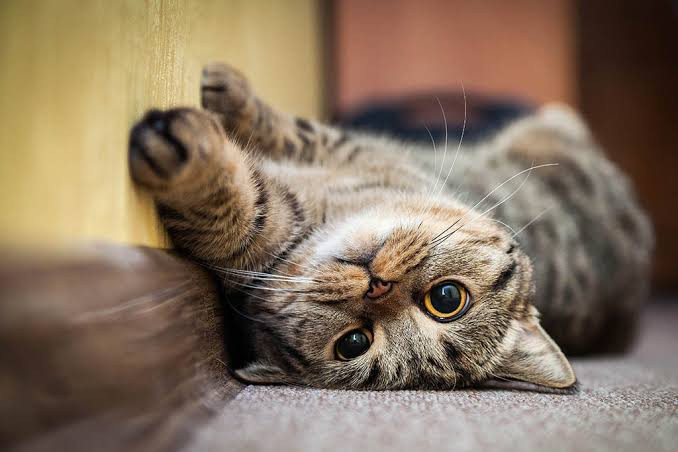Turkey's cats are in the world spotlight

Medical anthropologist Gideon Lasco shared examples of how Turkey's strong bond with cats was also observed during the 2023 earthquakes in Maraş and Hatay.
Harvard-trained doctor and medical anthropologist Gideon Lasco, during his visit to Turkey, explored the close connection between people and cats. In an article published in ZME Science, the anthropologist discussed what Turkey’s long-standing care practices for cats can reveal about human societies.
“Cats are everywhere in Turkey. Before I went east, in Istanbul, cats were welcome not only in cafes but also in homes, restaurants, hotels, and bars,” Lasco said. “As an anthropologist, I am fascinated by this closeness to cats,” he added.
Islam’s significant influence
The scientist noted that Islam plays a significant role in the widespread acceptance of cats in Turkey. "Some Muslims have ambiguous attitudes toward keeping dogs as pets. Cats, however, are traditionally considered clean. It is said that Prophet Muhammad loved cats. The love for cats dates back to him,” he wrote.
Lasco also mentioned meeting an imam in a mosque in Istanbul who allowed cats to enter the mosque. He also shared a saying he learned there: “If you kill a cat, you need to build seven mosques.”
In a teahouse in Istanbul’s Kadıköy district, cats live alongside ducks.
Historian Ekrem Buğra Ekinci noted that the ability of cats to control rodents made them an “indispensable part” of homes during the Ottoman Empire. Written records from the 16th century show that in Istanbul and its surrounding areas, there were hospitals and gardens for cats, and locals fed and cared for large street cat populations.
Cats retain their independence
Anthropologist Lasco believes that the independence of cats has also contributed to their widespread acceptance. According to science writer Michael Gross, this is related to human evolution. Unlike dogs, which have radically changed in the process of domestication, cats resemble their wild ancestors more closely. They have changed less and maintained their independent spirit.
Lasco also reported that during the 2023 earthquakes in Maraş and Hatay, examples of the Turkish people's strong bond with cats were observed. “During the earthquakes, there were reports of people making great efforts to rescue cats trapped under rubble. Some cats, refusing to leave their rescuers, reciprocated this kindness.”
The death of cats linked to the Black Plague in Europe
However, Lasco noted that in Turkey, despite the general love for cats, there were regions where cats were neglected.
According to Lasco, around the world, there are serious examples of how the relationship between people and cats “has soured.” Especially in the Middle Ages, cats were sometimes associated with paganism and witchcraft and were treated with suspicion. In some parts of Europe, people associated cats with the devil and killed them.
“This likely contributed to the spread of the Black Plague and other epidemics in the Middle Ages, leading to an increase in the rat population,” Lasco added.
“I wrote this article surrounded by two cats in a cafe in Doğubayazıt,” the anthropologist said. “I left Turkey, but the memory of that quiet cafe remains as clear in my mind as the snow on Mount Ağrı’s peak.”


